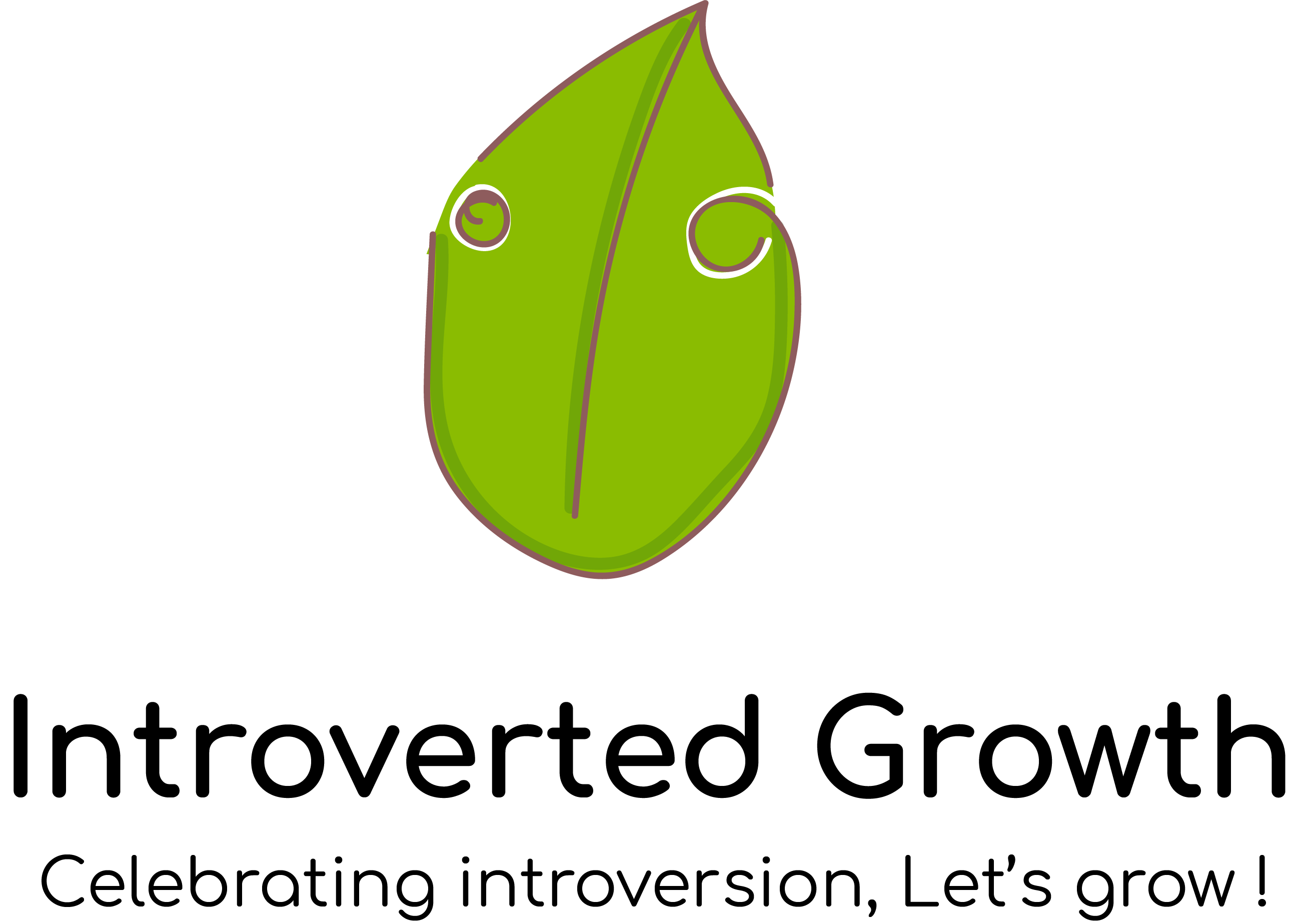Relationships can be challenging. And when you’re an INTP, your relationship may be especially difficult because of some personality traits that are specific to this type. But that doesn’t mean your relationship is doomed!
Here’s how to avoid the most common problems INTPs face in a relationship, and what to do if they happen anyway.
Commun INTP Relationship Problems
INTPs are analytical and logical. This is a great trait in many ways, but it can also be a challenge when it comes to relationships. Your partner may find it difficult to read and may misunderstand your logical thinking for coldness or lack of emotion.
This can be a big problem in a relationship, but there are some things you can do to work around it. First, try to be as clear and concise as possible when communicating with your partner. Explain your logic and thinking behind your decisions, and be patient while they try to understand. It may also help to talk about your feelings more, even if they don’t come naturally to you. This can show your partner that you do care, even if your logic tells you otherwise.
INTPs also have a difficult time understanding their emotions and expressing them to others. They may be less interested in the emotional side of relationships than other types.
Actually, one of the biggest problems INTPs face in a relationship is lack of communication. You may not be very good at expressing your feelings, and your partner may not be very good at understanding them. A recurrence of conflict and misunderstanding can quickly lead to a breakdown in communication and connection.
The key to avoiding this problem is to make an effort to be more open and communicative with your partner. Talk about your feelings, even if it’s difficult, and try to understand their emotions as well. With some effort, you can learn to communicate effectively and resolve any misunderstandings.
Another common problem for INTPs in relationships is the fear of commitment. You may find it difficult to make the leap from simply dating someone to actually committing to them. This can be a problem because it leaves your partner feeling uncertain and unsure of your feelings for them.
If this is a problem you’re struggling with, it’s important to talk to your partner about it. Explain your concerns and why you’re afraid to commit. Be honest and open with them, and let them know that you’re working on overcoming your fear. With understanding and patience, you and your partner can work through this issue together.
INTPs are also often very independent. This is a great trait -if you’re single.
Being in a relationship can mean giving up some of your independence, and this can be tough for INTPs. You may find yourself feeling suffocated by your partner’s need for closeness and connection.
The key to dealing with this issue is to find a balance between your independence and your partner’s needs. Make sure you’re still spending time on your own, doing the things you love. But also try to make time for your partner, and let them know that you’re there for them. With some compromise, you can find a happy medium that works for both of you.
And the last common INTP relationship problem comes from them being perfectionists. This can be a problem in a relationship because you may expect too much from your partner, and be constantly disappointed. It can also make you seem nit-picky or difficult to please.
If you’re a perfectionist in your relationship, it’s important to learn to let go of some of your standards. No one is perfect, and neither is your relationship. Try to focus on the good things, and accept your partner for who they are. This will make it easier for both of you to relax and enjoy your time together.
Tips for Dating an INTP
If you’re in a relationship with an INTP, chances are good that you’ve experienced some of these problems firsthand. But don’t despair! With some effort, you can overcome any obstacle. Here are a few things to keep in mind:
- Understand that your partner needs time alone and don’t take it personally if they want to be alone sometimes.
- Respect your partner’s independence and give them the space they need.
- Be willing to compromise. INTPs are less likely to compromise than other types, but it’s important to remember that relationships require compromise from both partners.
- If you’re having trouble with your relationship, don’t hesitate to seek help from a therapist or counselor. They can help you and your partner work through the problems you’re experiencing.
FAQs
What do INTPs need in a relationship?
There are a lot of things that INTPs want in a relationship, but a few key things are trust, respect, and understanding. INTPs need to feel like they can be themselves around their partner, and that their partner will accept them for who they are. They also need to feel like their opinions and ideas are respected, and that their partner is willing to listen to them and understand their point of view.
INTP Ending Relationship
INTPs will end a relationship when it is no longer useful or beneficial to them. This could be when the relationship becomes too demanding, or when the INTP feels like they are not able to be themselves around their partner. If the relationship becomes too stressful, the healthy INTP may also choose to end it in order to preserve their mental well-being.
How do INTPs deal with breakups?
A lot of INTPs try to avoid the emotional package that comes with a breakup. They may do things like avoiding social media or any other outlets that will remind them of their ex. Some INTPs may even try to erase all traces of their ex from their life in order to move on. Others may deal with the breakup by diving headfirst into their work or some other activity that distracts them from their pain. Ultimately, there is no right or wrong way to deal with a breakup, and each INTP will cope in their own way.
What are some things INTPs look for in a partner?
Some of the things that INTPs look for in a partner include intelligence, independence, and a good sense of humor. They also tend to prefer partners who are willing to compromise and who are not too clingy or needy. in the end, each INTP will have their own unique list of things they are looking for in a partner.
Are INTPs good boyfriends?
There is no one-size-fits-all answer to this question, as each INTP will have their own unique approach to being a boyfriend. However, in general, INTP boyfriends are often good at taking care of their partner’s needs and they are typically independent and intelligent.
CONCLUSION
Relationships can be challenging for any type, but when you’re an INTP, you may face some unique problems. But don’t worry, there are solutions! By understanding your personality traits and working on communication and compromise, you can overcome any obstacle in your relationship.
I hope you found this article helpful! If you did and you want to support our mission to create awareness for personality types, consider sharing this article with your friends and leave us some feedback! You can also check my other articles about this interesting personality type here






